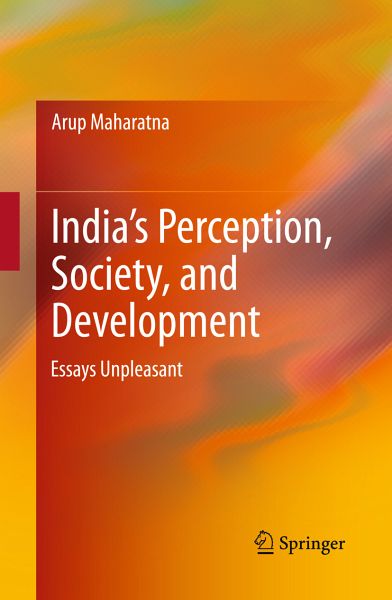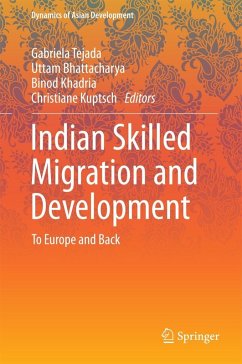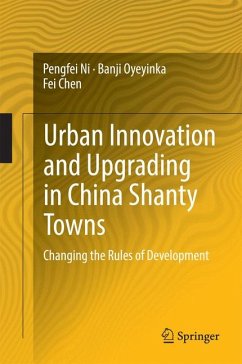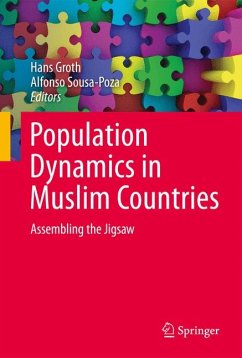
India's Perception, Society, and Development (eBook, PDF)
Essays Unpleasant
Versandkostenfrei!
Sofort per Download lieferbar
72,95 €
inkl. MwSt.
Weitere Ausgaben:

PAYBACK Punkte
36 °P sammeln!
There has been, of late, a growing realisation that the pace and pattern of economic development of a country can hardly be understood and explained comprehensively in terms of the straitjacket of economics discipline alone. India is a prime example of the importance of the part played by a country's history, culture, sociology, and socio-cultural-religious norms, values, and institutions in its development process. This book, with its assorted essays of varying depths of scholarship and insightful reflections, attempts to drive home this point more forcefully than ever before. In its search f...
There has been, of late, a growing realisation that the pace and pattern of economic development of a country can hardly be understood and explained comprehensively in terms of the straitjacket of economics discipline alone. India is a prime example of the importance of the part played by a country's history, culture, sociology, and socio-cultural-religious norms, values, and institutions in its development process. This book, with its assorted essays of varying depths of scholarship and insightful reflections, attempts to drive home this point more forcefully than ever before. In its search for the non-economic roots of India's overall sloth and murky progress in its broad-based economic and human development, the book illuminates major oddities deep inside a unique mental make-up full of perceptual and ideational dilemmas, many of which are arguably shaped by the long-lasting and dominant influence of what could be called the Brahminical lines of thinking and discourse. With India's hazy and dodgy world of perceptions as a backdrop, the book also addresses - through its intelligent essays - the deep and sometimes dire ramifications of the historic advent and the dramatic advance of neoliberal market ideology today.
Dieser Download kann aus rechtlichen Gründen nur mit Rechnungsadresse in A, B, BG, CY, CZ, D, DK, EW, E, FIN, F, GR, HR, H, IRL, I, LT, L, LR, M, NL, PL, P, R, S, SLO, SK ausgeliefert werden.













